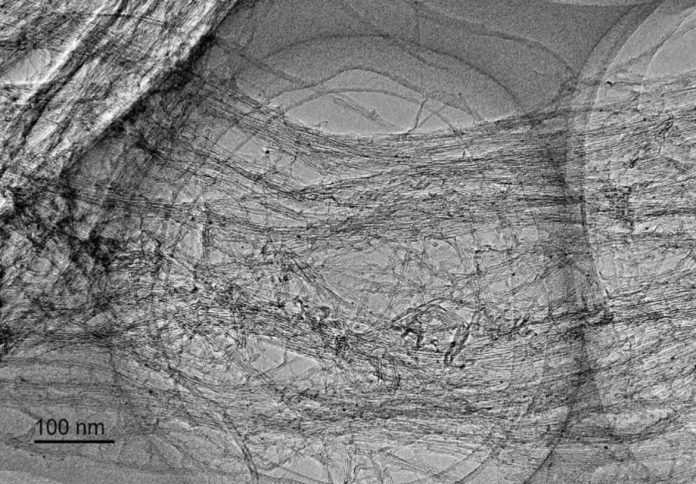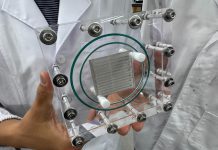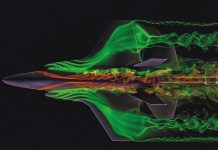
Researchers at the University of Southern Queensland (UniSQ) are developing a recycling technology that could transform mixed plastic waste into valuable nanomaterials and clean energy.
The project, carried out in partnership with Queensland-based Australia Sunlight Group (ASG), has demonstrated the potential to convert plastics into graphene, single-walled carbon nanotubes (SWNT), and green hydrogen, the university said in a news release.
According to UniSQ, mixed plastic waste, which comes from sources such as packaging, textiles, and end-of-life vehicles, is one of the most difficult types of waste to recycle due to the variety of polymers and additives it contains.
It noted that most recycling systems cannot efficiently separate these materials, and when reprocessed together, the result is often low-value products.
As a result, landfill and incineration remain the most common solutions worldwide, raising concerns over environmental and public health impacts.
UniSQ researchers Professor Pingan Song and Professor Xuesen Zeng, building on ASG’s proprietary catalyst technology, have enhanced the system to produce not only multi-walled carbon nanotubes but also single-walled carbon nanotubes.
Known as “Black Gold,” SWNT are highly valued for their exceptional strength, conductivity, and industrial applications in electronics, shielding, and energy storage.
“High-purity SWNT sells for between $50 and $1,000 per gram, depending on quality—making it far more valuable than gold,” UniSQ noted.
Alongside SWNT, the process generates green hydrogen, which can be isolated using gas separation technology developed by Dr Aaron Li of the University of Melbourne, another partner in the AU-UK Hydrogen Energy Partnership program supporting the project.
At present, UniSQ’s team has produced gram-scale quantities of SWNT in the laboratory and plans to move towards pilot production within two years. However, the researchers cautioned that scaling up will require significant investment, with pilot-scale catalyst and production equipment estimated to cost several million dollars per unit.
The university emphasised that while traditional recycling methods often yield low-value outputs, advanced upcycling approaches such as this could provide both environmental benefits and economic incentives.
According to UniSQ, bold investment in next-generation recycling technologies will be essential for Australia to establish leadership in turning plastic waste into high-value resources.



















